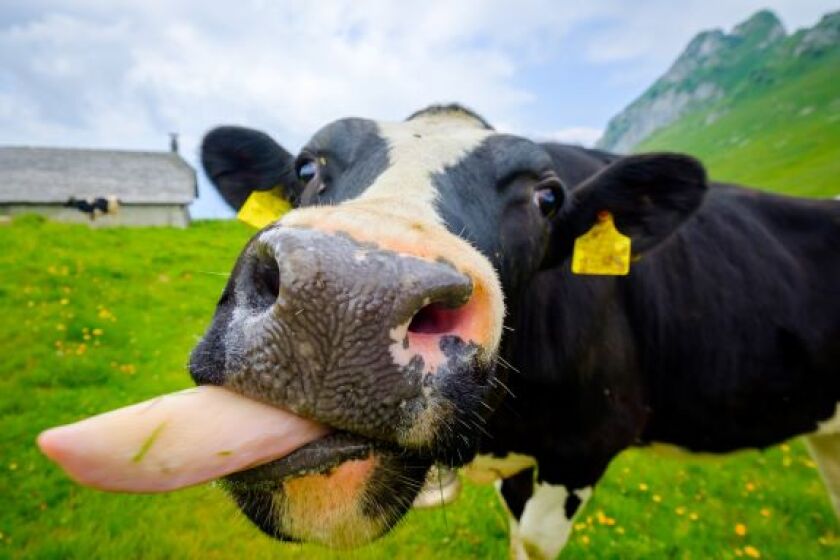Joe Biden’s US election win last week removed most of the threat of a disputed outcome. Then on Monday Pfizer obliterated all records for a single company driving up global stock markets when it and BioNTech announced their Covid-19 vaccine had appeared 90% effective in a trial.
Market participants reacted like Alpine cows being let out of the sheds after a long dark winter into lush spring pastures — with joyful exuberance. Capital markets whacked the risk appetite dial right up.
But the joy must be tempered. Bringing any new drug to market is fraught with dangers and the risk of disappointment is high.
Donald Trump is desperate to wring every drop of stress he can out of the US situation and other Republicans are regrettably indulging him.
The S&P 500, which soared 3% on Monday morning, had given up 90% of the gain by Thursday afternoon.
But even if the vaccine succeeds and Biden cruises into the White House, the nightmare of 2020 is not over. The pandemic’s scars will be felt acutely next year.
Developed market economies have had their worst battering since 2008, if not for decades. Debt-to-GDP ratios have soared. Developing countries are even worse off.
Sober analysts believe the effects have barely begun to feed through to the corporate sector. Customers have cut back on spending and will not splash out soon. Governments have staved off unemployment, at great cost and financed through billions of bonds, but cannot do this forever. And parts of the economy, such as travel, entertainment and property, may never go back to the way they were.
Despite all this week’s hope, there is badness baked in for next year.

